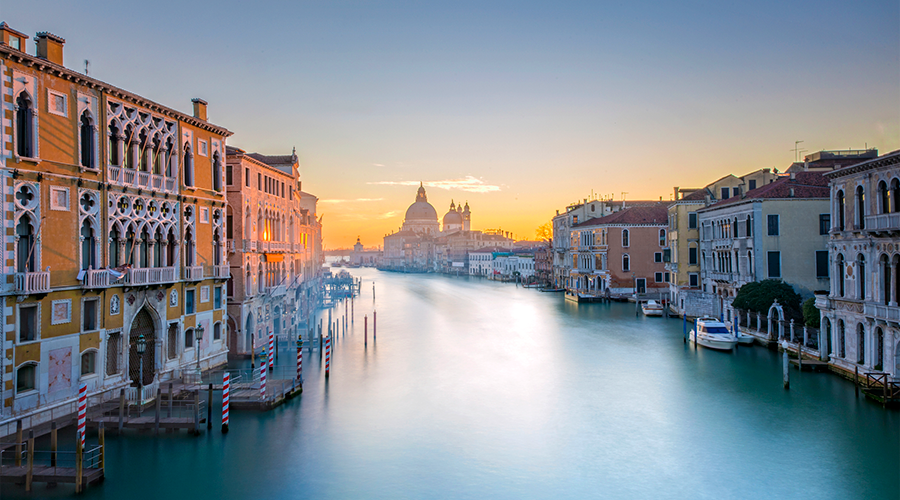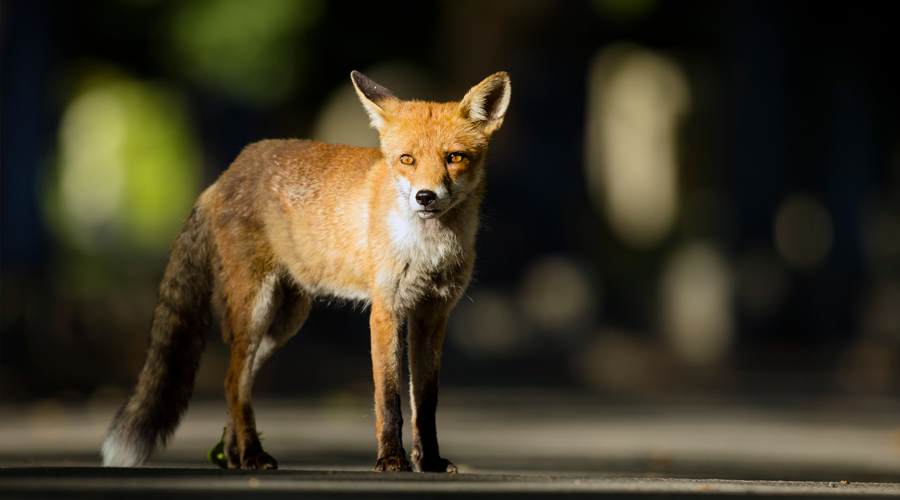The dramatic effects of lockdown on the planet
Even as the health and economic crisis worsens by the day, coronavirus has also given rise to indisputable benefits for the planet. The reduction in human activity has had a positive impact on air quality and quality of life for flora and fauna alike.

Reduced nitrogen dioxide levels in countries under lockdown
China, the cradle of the epidemic, has taken a series of steps since the beginning of 2020 to slow the spread of the virus, such as placing cities and even whole regions under quarantine, shutting down factories and closing ports and airports.
On 19 February, a study by UK website Carbon Brief estimated that, at that point, China’s carbon dioxide emissions were down 25%. Furthermore, NASA reported that between 1 and 25 February 2020, nitrogen dioxide emissions above the Wuhan region – epicentre of the pandemic – were between 10% and 30% lower than over the same period in 2019.
It was a similar picture in Italy, where coronavirus first broke out in Europe: a map published by the European Space Agency highlights a sharp reduction in nitrogen dioxide over northern Italy since early January 2020. According to readings taken by Copernicus (the European Union’s Earth Observation Programme), average concentrations of nitrogen dioxide in Milan fell from around 65 mg per cubic metre in January to 35 mg per cubic metre in the first week of March.
The same scenario has played out in France, with air quality in the Greater Paris region better than it has been at any time in the past 40 years. Airparif observed a 20-30% improvement in air quality in the Paris (link in french) conurbation after nitrogen dioxide emissions fell by more than 60%.

Venice
When nature reasserts itself
In Italy, marine animals are reasserting themselves in the waters of the Mediterranean. In the country’s third-largest port of Cagliari (Sardinia), through which 30 million metric tons of goods transit every year, dolphins can once again be seen swimming just off the now deserted shore.
Meanwhile, in Venice, also known for being one of the most heavily polluted tourist cities, the canal waters are at long last running clear again, free of waste and greyish particles. Fish, swans and other birds are taking advantage of this lull to finally breathe.
Some animals that had long fled large urban areas have recently been returning to city streets and parks: foxes, stone martens and wild boar have all been seen in Barcelona, while San Francisco has even played host to coyotes!
Ecologists can only be delighted at the positive effects of the lockdown on flora and fauna. With less hunting going on this spring, animals will be less stressed and reproduce in greater numbers.
With photosynthesis able to work its magic more effectively, plants will also reproduce more abundantly, spurring a new generation of plant life that will benefit insects and the entire food chain right through to humans, who will also be able to breathe more freely.
Air, water and all ecosystems will benefit and pollination will be more efficient. And there will be less pesticide on fields!
But...
This respite will be short-lived for animals: once the lockdown is lifted, people will be driven outdoors by their need for nature, and flora and fauna will once again be at risk from the harmful effects of excessive numbers of people visiting natural environments.





